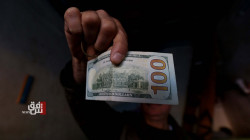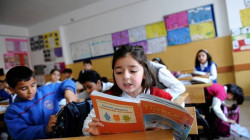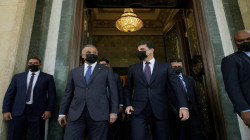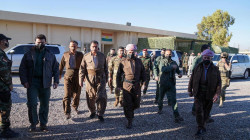Iraq's education crisis: millions of children denied access to education
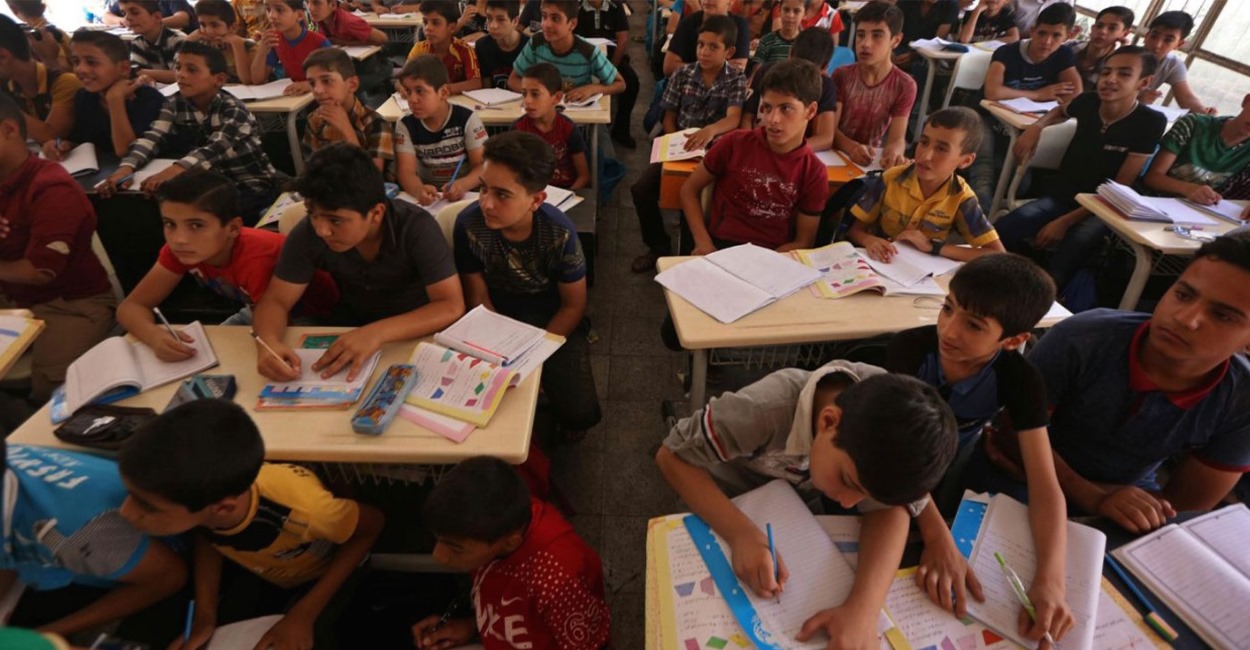
Shafaq News/ Iraq is currently suffering a severe education crisis, with millions of children being denied access to education.
According to a new report by the Norwegian Council for the Displaced and quoted by the Education International Organization (EIO,) at the beginning of the war against ISIS, the Iraqi government drastically reduced or cut assistance to 5.2 million children.
"Since 2023, 770,000 displaced children have been living in precarious conditions, often in makeshift shelters. These children have been uprooted from their homes due to conflict and instability, and their right to education has been severely compromised. Despite the constitutional mandate, they find themselves without access to schools, teachers, and educational resources." EIO said.
The EIO's report pointed out that the Iraqi government's "failure to follow UN recommendations has exacerbated the crisis. These recommendations specifically address the education needs of displaced individuals within the country. While the UN called for funding to support disadvantaged children's education, the Iraqi government allocated only half of the requested $35 million."
Tom Kosta, Senior Coordinator of the Norwegian Council for the Displaced, emphasizes that "education is the key to finding employment opportunities. However, since the battle against ISIS began in 2014, the education process in Iraq has been completely forgotten. The province of Nineveh, the second most populous in Iraq, has witnessed a staggering 32 percent reduction in the number of teachers—from 40,000 to 25,000."
According to the president of the Kurdistan Teachers' Union (KTU), Abdulwahed Mohammad Haje, cutting the number of teachers increased the number of children leaving school prematurely in Iraqi Kurdistan.
EIO urged for immediate action, explaining that without intervention, the education process in Iraq is at risk of collapse.
"The government must prioritize education, allocate sufficient funds, and ensure that every child—regardless of their circumstances—has access to quality learning. Only through comprehensive reforms can Iraq build a resilient education system that empowers its youth and secures a brighter future for the nation."
According to the Norwegian organization, despite Iraq's good economic situation, its schools operate in two or three shifts. There are more than 650 students per shift. Also, half of the school buildings were destroyed during the four-year conflict.
"And the current government has failed to take any major efforts toward rebuilding them, the KTU leader added. "This has enraged the Iraqi people, who have reached a boiling point. They are constantly demanding the removal of political leaders who exacerbated the situation. The Kurdistan's government must especially provide funding for the educational process, including teachers, school buildings, and curriculum. Above all, a clear educational policy must be submitted, because there are several flaws, deficiencies, and issues at the heart of the process. Without a meaningful response, there will be a bleak future, and every try will be fruitless!"
